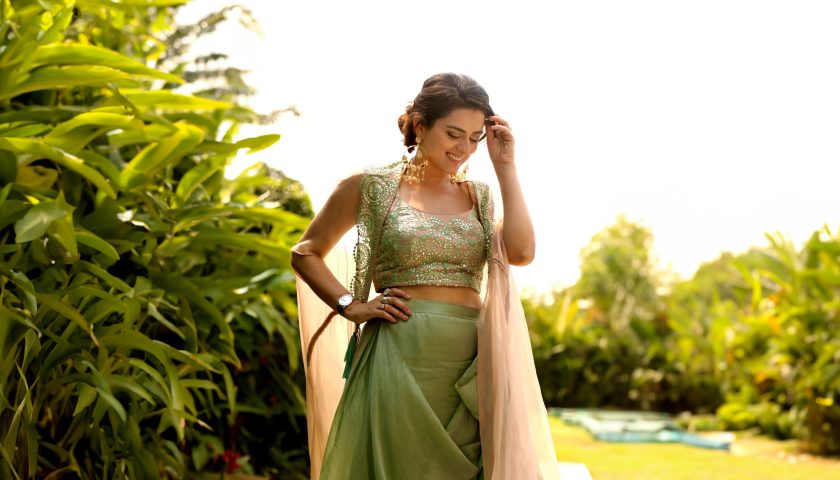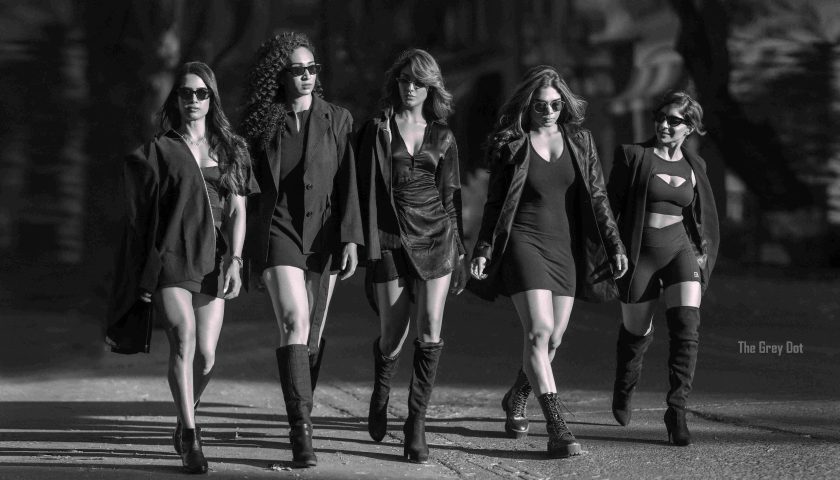presentation
COVID-19 has negatively affected almost all industries operating in the economy. However, the gaming industry has seen growth during this time. The gaming industry has a wide reach as evidenced by the millions of subscribers and viewers of online gaming channels and videos. This is considered an important opportunity for fashion brands. The fashion industry, being a creative and dynamic industry, has started collaborating with various games and e-sports to market and sell their products in the game.
Fashion brands have been collaborating with sports franchises for a long time now for their sports apparel, footwear and kits. Some instances of such collaboration include, Wimbledon’s partnership with Rolex, Louis Vuitton’s collaboration with the NBA, Prada’s association with the America’s Cup, and Hugo Boss’ sponsorship of several European football teams.
Recently, a new trend of fashion brands collaborating with games stands out. The gaming industry is booming and it can be reasonably understood that this trend is here to stay.
People who cannot afford luxury fashion brand products can now buy it practically for a relatively lower price, in the game.
IMPORTANT COOPERATION
“Final Fantasy” is a video game which has an avatar “Lightning”. The famous fashion brand Louis Vuitton used Lightning to model their products in 2016. Later, Louis Vuitton teamed up with the popular game League of Legends. LV designed clothing for player avatars in the game and also launched a physical clothing collection inspired by the game. This collaboration was to market the brand’s products to the millions of players playing League of Legends. This cooperation also benefits the game. This collaboration has also benefited League of Legends by extending its reach to people engaged and interested in the fashion industry, thus providing it with more recognition in the market.
Prada developed the AW18 show featuring “Lil’ Miquela”, a virtual Instagram influencer, via Instagram stories and drone footage of the show.
In 2020, Travis Scott held a virtual concert in the game “Fortnite”, allowing players to attend the concert through their alter ego and purchase concert merchandise for their alter ego. Previously, Honor, Samsung and the National Football League have also partnered with Fortnite to market their products virtually.
In 2020, Marc Jacobs, Anna Sui, and Valentino collaborated with Animal Crossings: New Horizons to launch in-game visuals for avatars.
Moschino partnered with The Sims by making clothing available for players to purchase for their in-game alter egos.
NBA 2K players can purchase Tissot watches for their avatars using their in-game currency.
Balenciaga’s Fall 2021 collection will be launched through a game called “Afterworld: The Age of Tomorrow.”
Nook Street Market is an Instagram site that offers players the opportunity to customize their avatars. The Nook Street Market has partnered with brands such as Prada, Chanel, FILA, Glossier, Off-White to provide customization services to players for their avatars, helping them create an individualistic virtual social identity.
IMPACT OF COOPERATION
The collaboration of the fashion and gaming industry benefits fashion brands as well as game developers by expanding the market for their products. Additionally, it makes luxury fashion brands accessible to more people digitally, if not physically. People who cannot afford luxury fashion brand products can now buy it practically for a relatively lower price, in the game.
Through these collaborations a digital fashion community can be created. Players create their own digital status by customizing their avatars.
The idea of digital fashion is also considered to be sustainable by many, as it allows individuals to buy clothes and accessories online of certain brands to match their pictures. For example, in 2018, Carlings launched a virtual clothing collection, where the consumer needs to send a photo to Carlings and the brand sends the photo to consumers by placing the chosen virtual clothing item from the collection on their photos. These pictures can then be uploaded to social media platforms by consumers. This minimizes the physical production of clothing and accessories and addresses the social pressure on people these days to upload a photo every day wearing something new and branded.
LEGAL CONSIDERATIONS
- Intellectual property rights
Making their branded products available on a gaming platform would involve copyright, design rights and trademark protection. Generally, copyright is granted to the game developer in respect of game source code, audio, video and design rights appearing in the game. Therefore, a contract stating otherwise should be entered into by fashion brands to protect their intellectual property rights over their products.
The agreement between the cooperating parties should adequately provide for the ownership and licensing of the intellectual property rights involved. For example, the fashion brand must license the design of the products made available on the gaming platform and the trademark, if any on such products, for the game.
Similarly, in case the fashion brand wants to use the game’s images or videos that feature their products, they will need to obtain a copyright license from the game.
To maximize their profits, fashion brands can enter into an agreement with gaming platforms to get a few days of exclusivity, thus eliminating the competition for that time. This should be negotiated especially when brands are launching a limited edition collection, to limit availability, thereby increasing demand for their collection.
Products can be counterfeited when displayed on public platforms. To protect the brand from counterfeiting, the trademark on the products displayed in the game must always be registered. Additionally, fashion brands must enter into a contract with the game developer to remove and block any counterfeit products in their game and users involved in counterfeiting.
Some games are popular in nature. Fashion brands should research the game they are collaborating with and deliberately decide on the collaboration as it would affect the brand’s reputation. Further, brands should always have the right to withdraw their products from the game in case the nature of the game changes to be notorious after the collaboration.
Further, a morality clause can be added to the agreement, imposing moral obligations on the game partner and virtual figures, if any are involved.
Brands can collaborate with virtual figures like Lil’ Miquela. The question arises, who will be the other contracting party in case of such collaborations? The person who owns and controls the intellectual property rights and social media accounts of these virtual figures will be the other contracting party in such cases.
- Advertising Cooperation
Fashion brands must obtain a license from the game’s partner before using the game’s trademark or publishing the collaboration with any virtual figure on its social media platform.
In the fashion industry, the brand continues to launch new collections at certain intervals. Game partners are not allowed to use the design and trademark of the product licensed to them forever. Therefore, the contract between the parties should clearly mention the term for which the license is issued.




